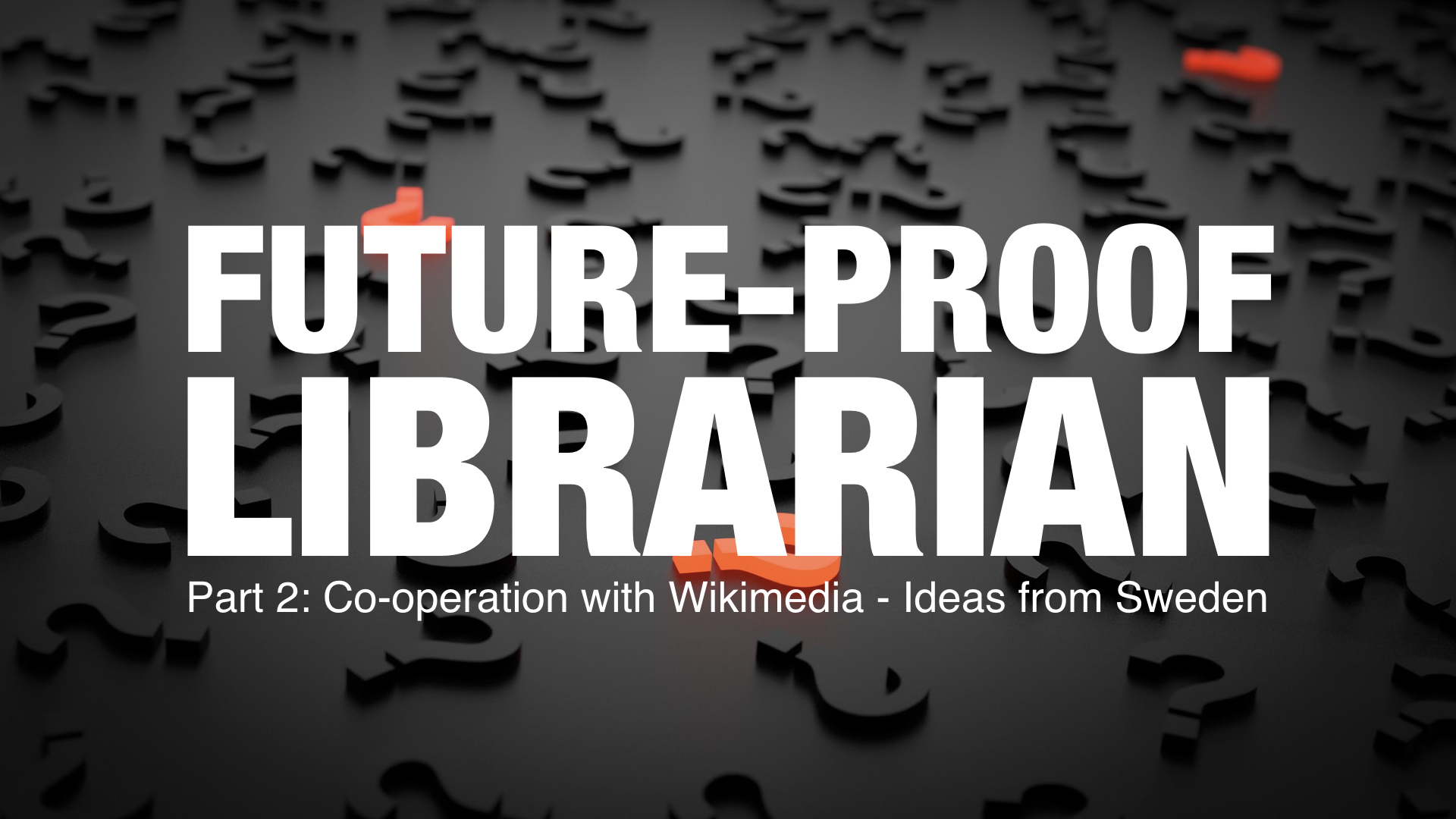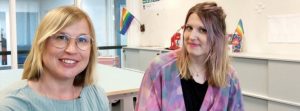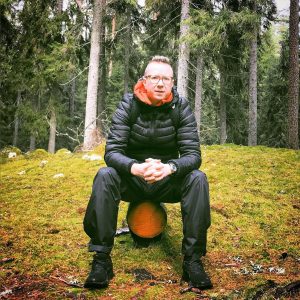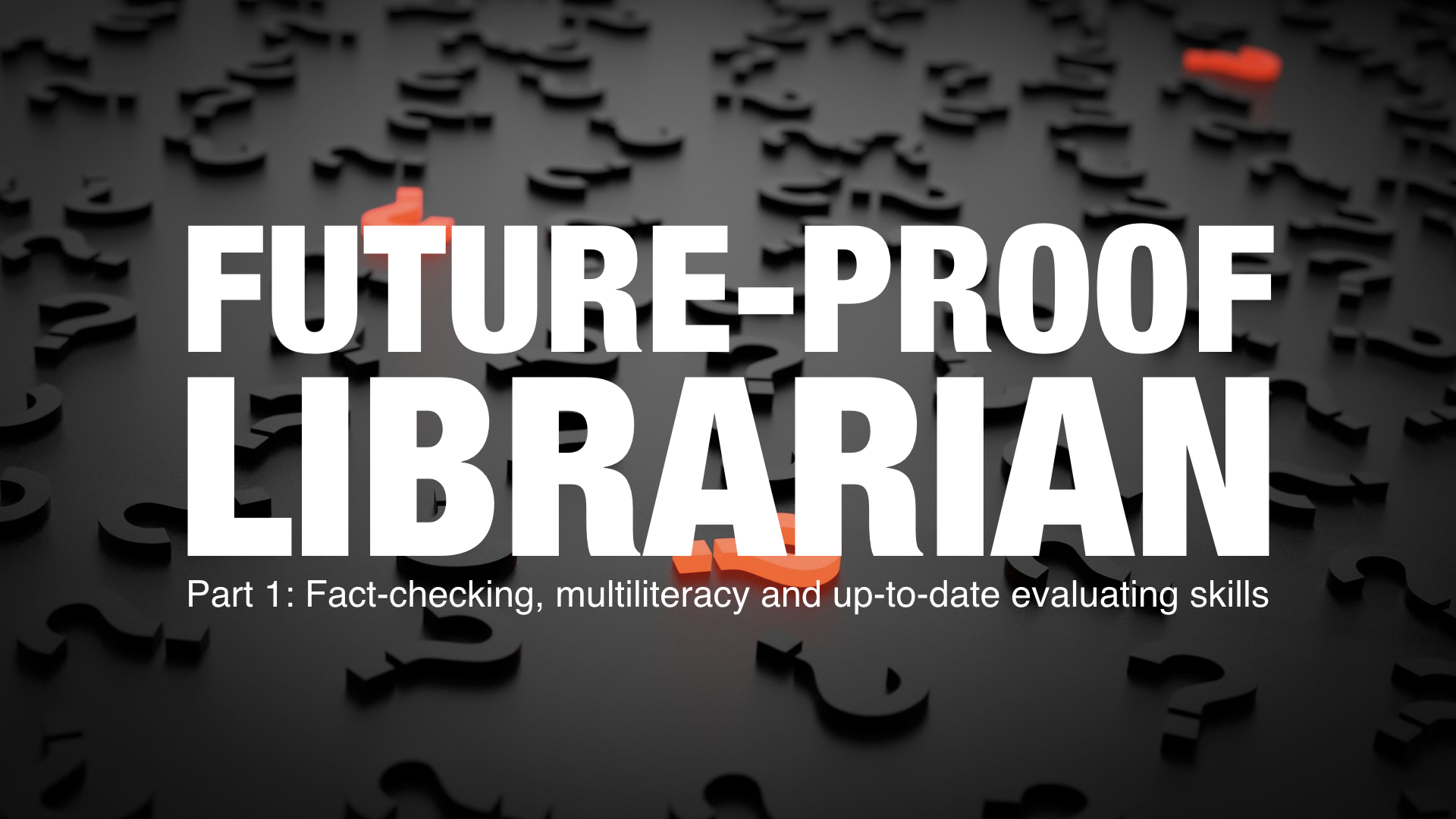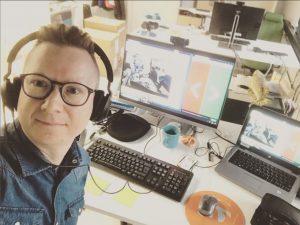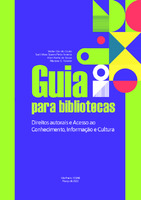I am very excited to announce the 2022 line up of free global virtual conferences offered through the Library 2.0 virtual conference series! The three conferences this year focus on Virtual Reality; Urban Librarianship; and Privacy.
The first conference of the year, Virtual Reality and Learning: Leading the Way, will take place next week on March 29th 2022 from 12pm-3pm US-Pacific time.
- Date: Tuesday, March 29, 2022
- Time: Noon to 3 p.m. Pacific Time Click here to see in your local time zone
- Cost: FREE!
- Location: Online
- REGISTER HERE
This mini-conference is part of the Library 2.0 Worldwide Virtual Conference series, which was started in 2011, to build community among information professionals, provide a forum for discussion about important topics, and learn from each other across the world.
Virtual reality is a growing technology trend for libraries, and it’s a technology that is used to support learning and interaction in a wide range of environments. Sara Jones and Tammy Westergard both have extensive experience with deploying virtual reality in libraries, which was valuable as they helped us organize this mini-conference. We look forward to hearing from them about their VR experience, as well as engaging with many others to discuss this important topic.
The conference kicks off with a one hour opening keynote panel discussion. We’ll hear from the following people:
- Sara Jones, State Librarian, Washington State Library
- Tammy Westergard, Senior Workforce Development Leader, Project Coordinator – U.S. Department of Education
- Greg Lucas, California State Librarian
- Milton Chen, Independent Speaker, Author, Board Member
- Catherine Devine, Director, Business Strategy – Libraries and Museums, Microsoft Worldwide Education
- Karsten Heise, Director of Strategic Programs, Nevada Governor’s Office of Economic Development (GOED)
- Dana Ryan, PhD, Special Assistant to the President, Truckee Meadows Community College
During the next 90 minutes, you will have the chance to attend three 30-minute sessions – choosing from 18 presentations. Sample presentation titles include:
- The Virtual Library: Making Interactive Online Tours with 360° Images, Augmented Reality, and Virtual Reality Technologies
- An Overview and Understanding of the Metaverse
- Libraries as the Center of Virtual Reality Collaboration
The conference ends with a 30-minute closing keynote session.
Registration is free; sessions will be recorded and made available after the event.
Thank you to founding partner The School of Information at San José State University for making the Library 2.0 conference series available, and to our partner organizations The Association for Rural & Small Libraries (ARSL) and Califa Group for their support of this mini-conference.
Mark your calendars for upcoming Library 2.0 virtual mini-conferences in 2022; both will be held from 12-3pm Pacific time and will be free and held online.
- July 14, 2022 – Urban Librarianship: Innovative Ideas, Active Leadership, and Best Practices.
- October 13, 2022 – Privacy
I hope you will join us on March 29th, 2022 to learn about virtual reality!

